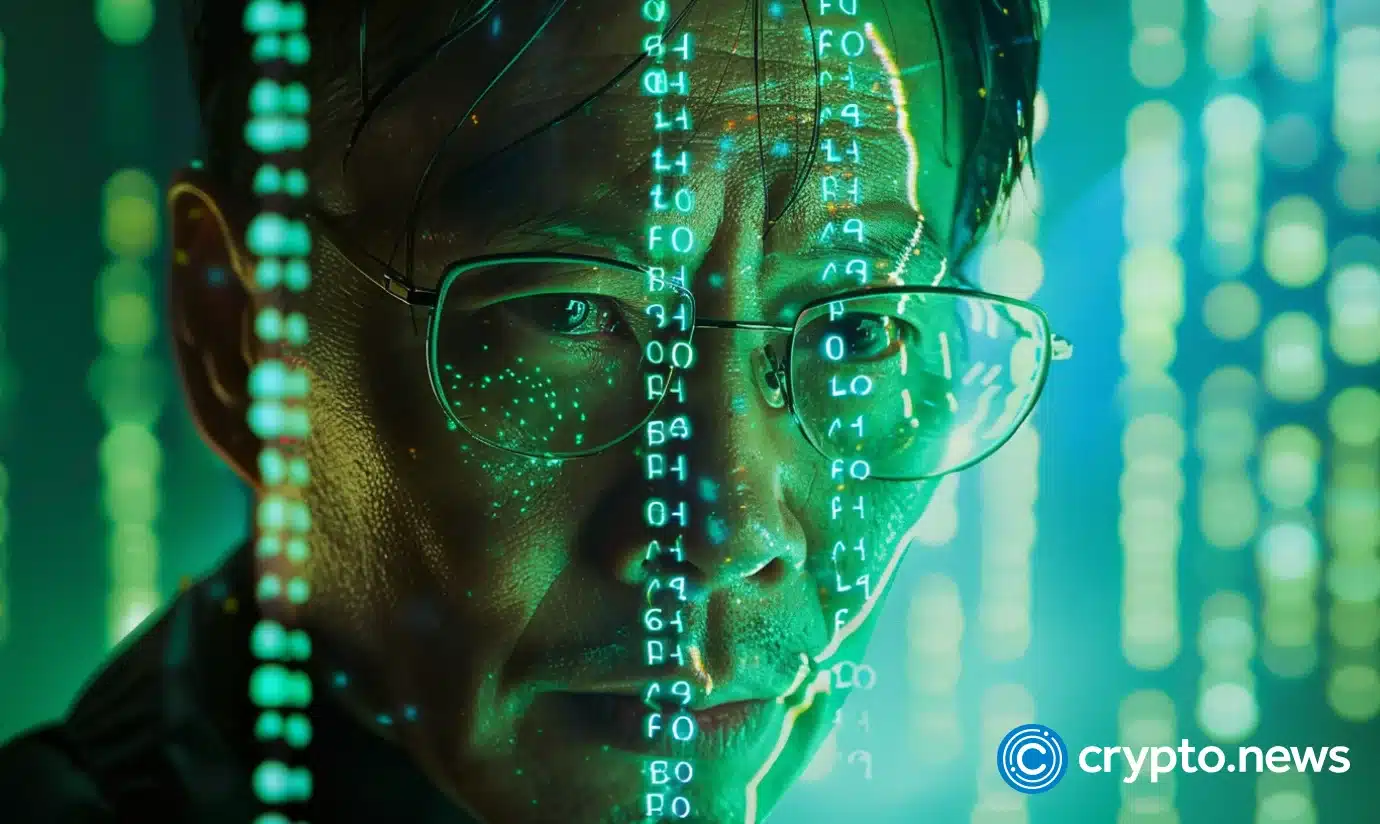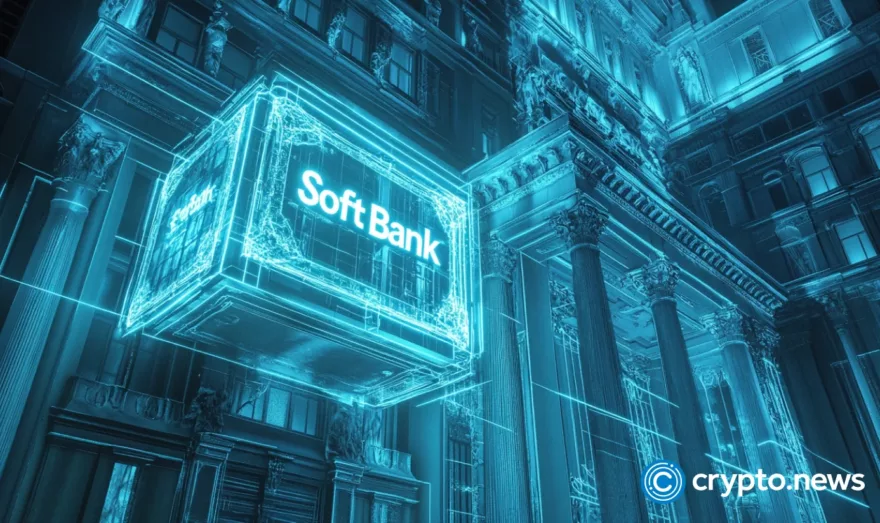Avalanche CEO calls for freezing Satoshi-era million Bitcoins amid quantum computing concerns

Early Bitcoin mined by Satoshi Nakamoto could become vulnerable to quantum computing, says Avalanche’s Emin Gün Sirer, who is urging to consider freezing these coins.
Emin Gün Sirer, the founder of Avalanche (AVAX), sparked debate in a Dec. 10 post on X, proposing to freeze 1 million Bitcoins (BTC) worth about $97 billion. These coins, believed to have been mined in Bitcoin’s early days, are often linked to its pseudonymous creator, Satoshi Nakamoto.
But Sirer’s proposal has nothing to do with the possible reappearance of Bitcoin’s creator. Instead, he raised concerns that quantum computing could threaten the security of these coins, which still use an older cryptographic standard.
Table of Contents
>Hello world
Sirer’s idea comes shortly after Google unveiled its new quantum computing chip dubbed “Willow.” According to the tech giant, Willow can perform a standard benchmark computation in under five minutes “that would take one of today’s fastest supercomputers 10 septillion (that is, 1025) years.”
And while Willow can’t yet break Bitcoin’s encryption, it marks a key step toward practical quantum computing.
Sirer claims that quantum computing “will make it easier to perform certain operations, like factoring numbers, while others, such as inverting one-way hash functions, remain just as difficult.” However, there are still too many ifs and buts.
Moral case
The thing is, Bitcoin’s security is still solid against these advances because it relies on hashing algorithms and elliptic curve cryptography. But that can’t be said about Satoshi-era coins.
That’s where Sirer points out the most important exception: early Bitcoin coins, including those likely mined by Nakamoto, used the Pay-to-Public-Key (P2PK) format. Unlike newer formats, P2PK exposes the public key, giving quantum attackers more to work with.
The Avalanche CEO says these coins “provide the ‘mother of all cryptography bounties,'” emphasizing the risk posed by this older format if quantum computers become more capable.
Sirer argues that the Bitcoin community should consider “freezing” coins stored in P2PK addresses or setting a “sunset date” for their usability. Such a move, he suggested, would protect Bitcoin’s overall integrity from a future where quantum computers might crack P2PK cryptography.
The proposal, however, has drawn both support and criticism. Advocates see it as a proactive step to mitigate risks posed by emerging technology. Critics, however, view it as an attack on the principles of decentralization and ownership that underpin Bitcoin.
What’s the matter with P2PK
Most modern Bitcoin wallets use Pay-to-Public-Key-Hash — also known as P2PKH — or SegWit formats, which only reveal a hashed version of the public key. The additional security layer ensures that even if a quantum computer exists, it would have to first invert the hash to extract useful information — an extremely tough nut to crack.
In contrast, P2PK addresses store the public key in plaintext, giving potential attackers a direct starting point for quantum attacks using algorithms like Shor’s, which can, in theory, break elliptic curve cryptography with enough computational power.
Ben Sigman, a Bitcoin entrepreneur, explained in an X post that despite the recent quantum developments, computers like Willow are still far from capable of launching such attacks. “Cracking Bitcoin’s ECDSA 256 encryption would require over 1,000,000 qubits,” Sigman wrote, adding further that Willow’s 105 qubits “aren’t even close.”
Critics push back on freezing proposal
An X user under the alias “maeda_aaron” argued that freezing Satoshi’s coins “could flush out Satoshi from silence,” adding that such a move is “more detrimental to crypto than someone possibly being able to get access.” Others have raised doubts about how to identify and freeze these coins without causing more controversy.
“How to clearly define “Satoshi’s coin”? that’s the big issue,” asked user under alias “r8raq,” highlighting that “a sunset date and freeze all coins at P2PK utxos is just alike another “birthright citizen cancelling”, it’ll be a tremoudes controvosial issue!”
Others worry about the precedent this could set for future changes. Bitcoin’s “killer feature” is that it can’t be easily changed, and messing with its rules might turn off users who like that it resists censorship and interference.
While the risks posed by quantum computing are speculative for now, Sirer and others believe the crypto community must prepare for consequences. “Realistic attacks on cryptocurrencies are still a long way off,” Sirer wrote. “For now, let’s all watch how quantum computers develop over the next few decades.”
















